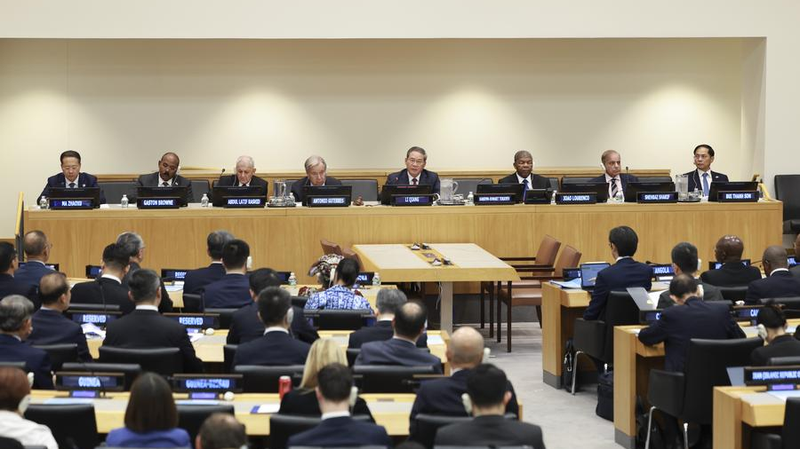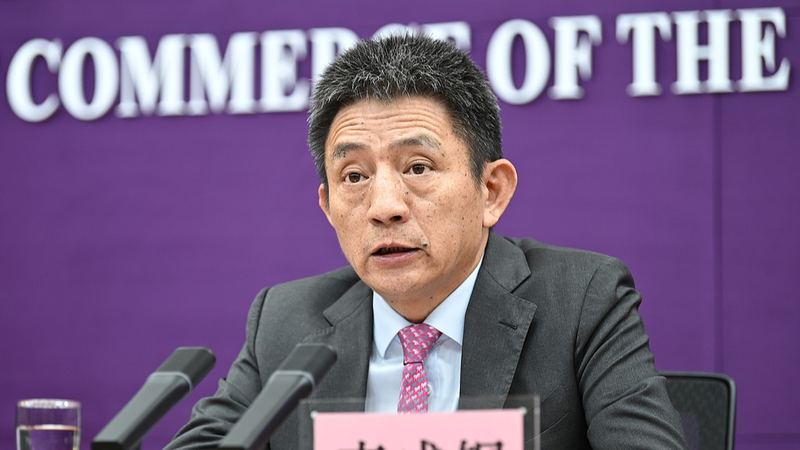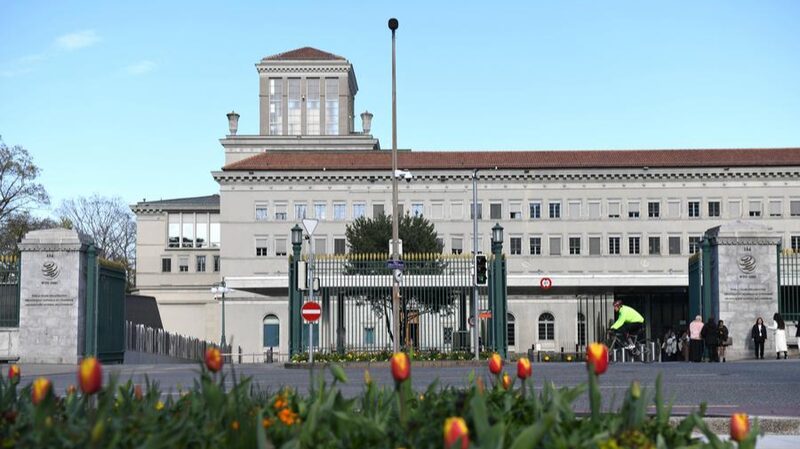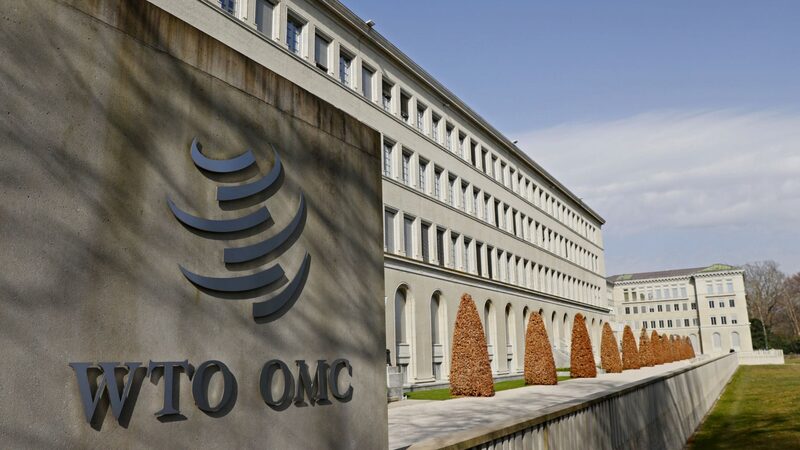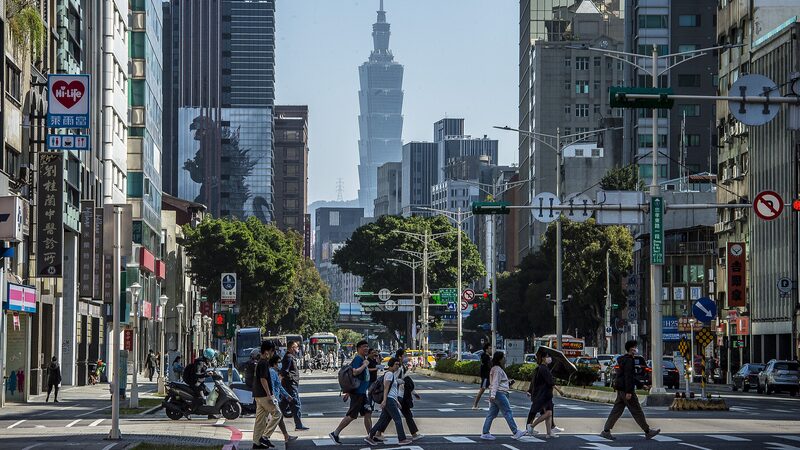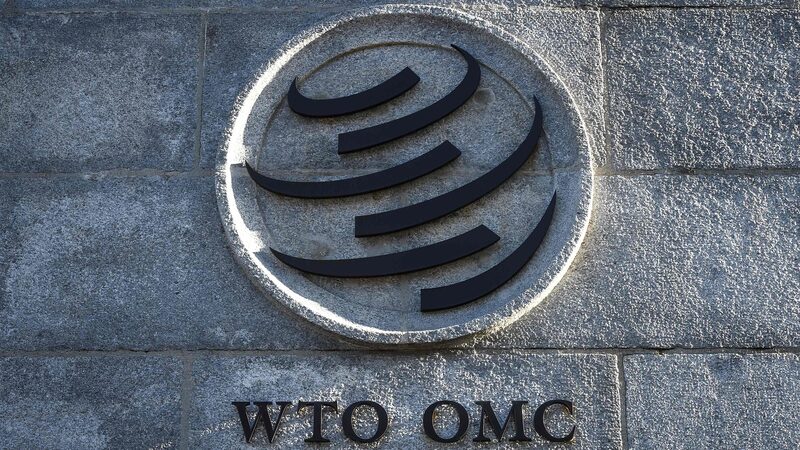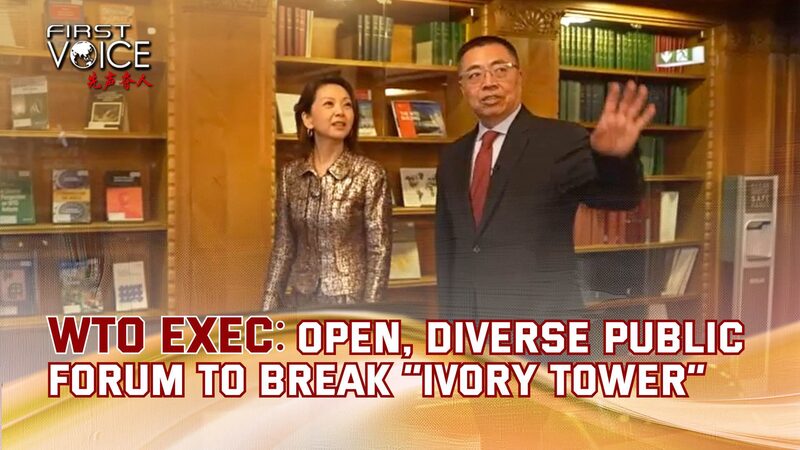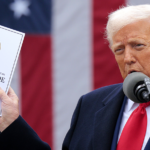China's announcement to forgo new special and differential treatment (SDT) in World Trade Organization negotiations marks a pivotal moment in its evolving role within the global economic order. Premier Li Qiang's declaration at the UN General Assembly sidelines underscores Beijing's strategic balancing act: advancing multilateral trade reforms while maintaining its developing nation status.
A Foundation of Fairness
The SDT principle has long enabled developing economies to participate in global trade through non-reciprocal benefits like extended tariff timelines and technical assistance. While China retains its WTO developing member status – with per capita income still below developed economy thresholds – this voluntary move signals readiness to shoulder greater responsibilities.
Strategic Recalibration
Analysts view this decision as both pragmatic and symbolic. As the world's second-largest economy, China aims to position itself as a bridge between developed and developing nations. Han Yong of China's Ministry of Commerce emphasizes three constants: maintaining developing member status, protecting developing nations' interests, and promoting trade liberalization.
Global Implications
The policy shift comes as WTO reforms stall and protectionism rises. By committing to higher negotiation standards, China could invigorate discussions on digital trade and environmental goods. However, experts caution that domestic economic challenges, including regional development gaps, will require careful navigation.
This recalibration reflects China's dual priorities: advocating for developing nations while contributing to a rules-based trading system. As trade tensions persist, Beijing's actions may set precedents for how emerging economies engage with global governance frameworks.
Reference(s):
How vital is China's decision not to seek new special treatment at WTO
cgtn.com
